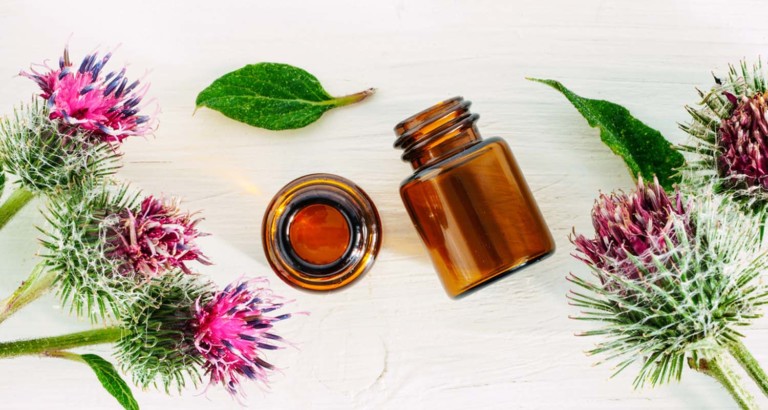
- Seasonal allergies look different for everyone, as there are a lot of different symptoms of allergies: runny nose, itchy eyes, patchy skin, and more
- Most people blame pollen for their seasonal allergies. Other things, like mold, pesticides, and herbicides, also ramp up in the spring and cause allergy symptoms
- Histamines trigger an inflammatory response in the affected area of your body, causing redness and swelling. Histamines also make the affected area itch and produce mucus
- If your liver is overloaded, symptoms might last longer. Your liver breaks down histamines, and until your liver can get to them, you keep sneezing, your eyes keep watering, and your throat keeps itching until the histamines make their way through the liver
- By taking care of your liver, you can ease your symptoms of seasonal allergies. Read on to learn natural ways to support your liver and ease allergy symptoms
For an estimated 50 million people in the U.S., as soon as the snow melts, that tickle in the throat starts, signaling the beginning of allergy season. For a few weeks to a few months, allergy sufferers fill their medicine cabinets with an alphabet’s worth of allergy medicines, from Allegra to Zyrtec and everything in between.
If you know the feeling, read on to find out what’s behind your seasonal allergies, and what natural remedies will ease your suffering.
Allergy symptoms
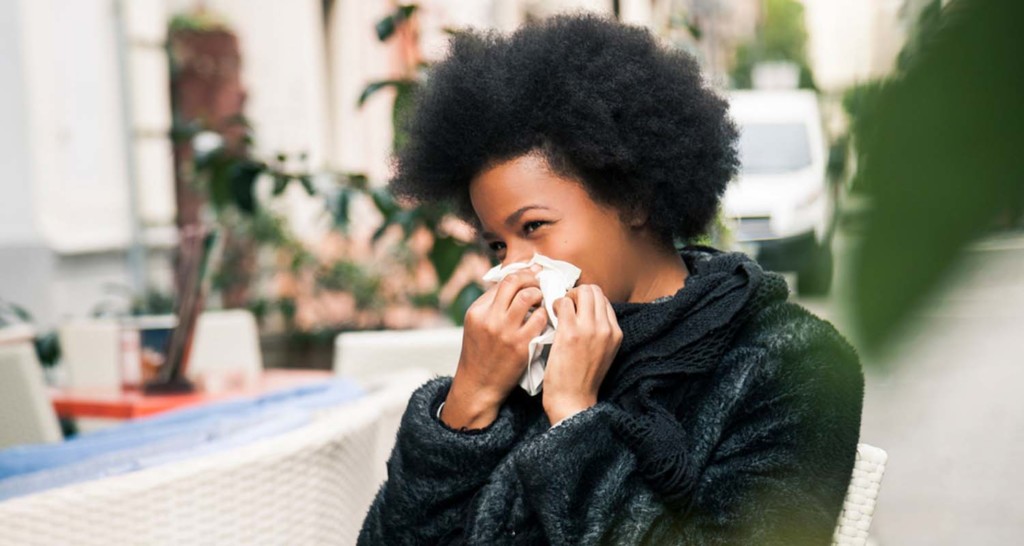
- Sneezing
- Watery or itchy eyes
- Itching in the mouth or throat
- Itchy nose
- Runny or stuffy nose
- Irritated skin
- Red or inflamed patches of skin
- Peeling or flaky skin
Causes of seasonal allergies
Most people blame pollen for their seasonal allergies, and a lot of the time, they’re right. Other things that ramp up in the spring also cause allergy symptoms.
Mold. Increased dampness from the rainy season might start a mold problem or exacerbate an existing one, and mold spores most certainly cause any of the above allergy symptoms and more.
Pesticide and herbicide sprays. Sprays that large farms use don’t stay where you put them. If you live near a farm, pesticide and herbicide sprays blow into surrounding areas or end up in the water supply. As farmers ramp up production, they increase their chemical use to stay ahead of diseases and weeds.
Histamine and seasonal allergies
If you’ve ever used an over-the-counter allergy medicine, you’ve probably heard of antihistamines. As the name suggests, antihistamines block histamines.
What are histamines?
Special types of immune cells, mast cells, release histamines when you come into contact with an allergen. Histamines trigger an inflammatory response in the affected area of your body, causing redness and swelling. Histamines also make the affected area itch and produce mucus.
Histamine and an overloaded liver
Your liver processes nearly everything that your body has to deal with, from food and personal care products to things in our environment.
When toxic substances enter your body, it’s the liver’s job to filter and neutralize them. When the liver can keep up, all is well. When you come into contact with more toxic substances than your body is built to handle, you run into trouble. Since our society has changed so quickly (from an evolutionary standpoint), humans aren’t yet adapted to dealing with manufacturing by-products on top of exhaust fumes on top of glyphosate in foods on top of pollens and mold toxins.
How does that tie into allergies? Your liver breaks down histamine when you’re done with it. If histamine is at the back of the line, you keep sneezing, your eyes keep watering, and your throat keeps itching until it makes it through the queue.
How to help your liver keep up
To help your liver along and cut those allergy symptoms off, it’s best to minimize the toxins in your world as much as possible. There are some you can’t control, but if you control the things you can, you’ll help matters.
You can also use supplements and herbs to support your liver’s detox function.
Glutathione
Every cell in your body makes a powerful antioxidant called glutathione, and your liver uses a lot of it. Toxic substances create a boatload of free radicals, which load up your body with oxidative stress. Glutathione gets rid of toxins and heavy metals by ushering them into your bile and stool for excretion.[ref url=”https://www.ncbi.nlm.nih.gov/pubmed/12217624″] Glutathione snaps up free radicals, so toxic overload depletes your glutathione levels. When you’re sick, when you’ve had alcohol, or when you’re otherwise subjected to a lot of toxins, supplementing with glutathione can give your liver an extra edge.
Herbal liver support
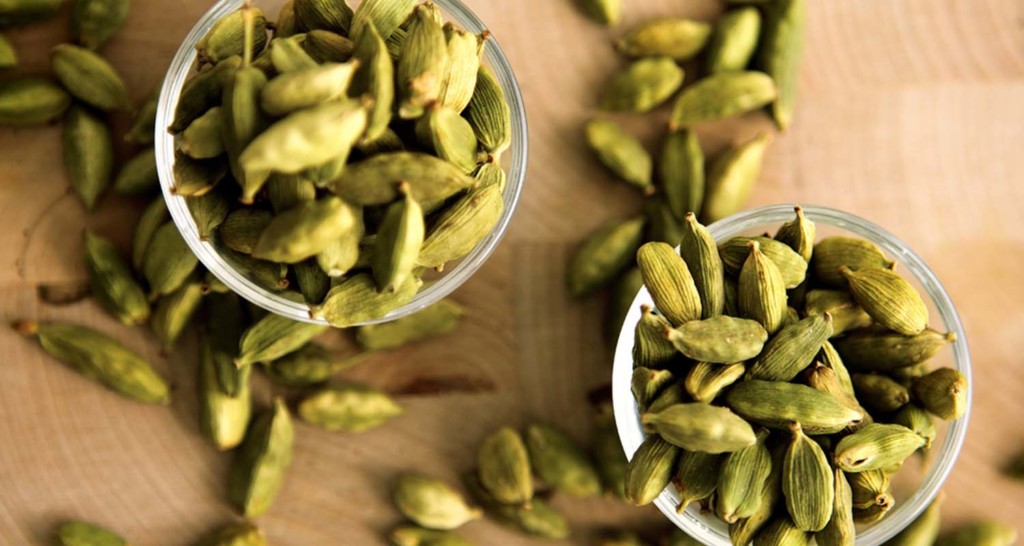
- Milk thistle
- Burdock
- Dandelion
- Yellow dock
- Cardamom
You can find them in capsules, extracts, in soothing tea blends, or you can eat some of them as foods, like dandelion greens or burdock root. Many of these are on the bitter side, and the bitter taste stimulates bile production. Sufficient bile helps you digest your food thoroughly, keeping the liver clear and working efficiently.
Other natural ways to treat seasonal allergies
Quercetin
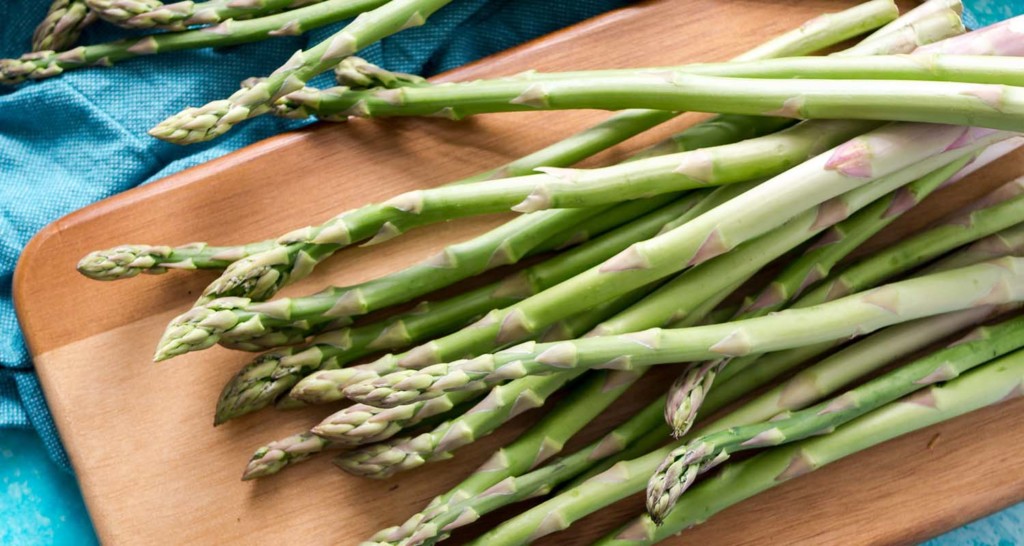
Sinus rinse
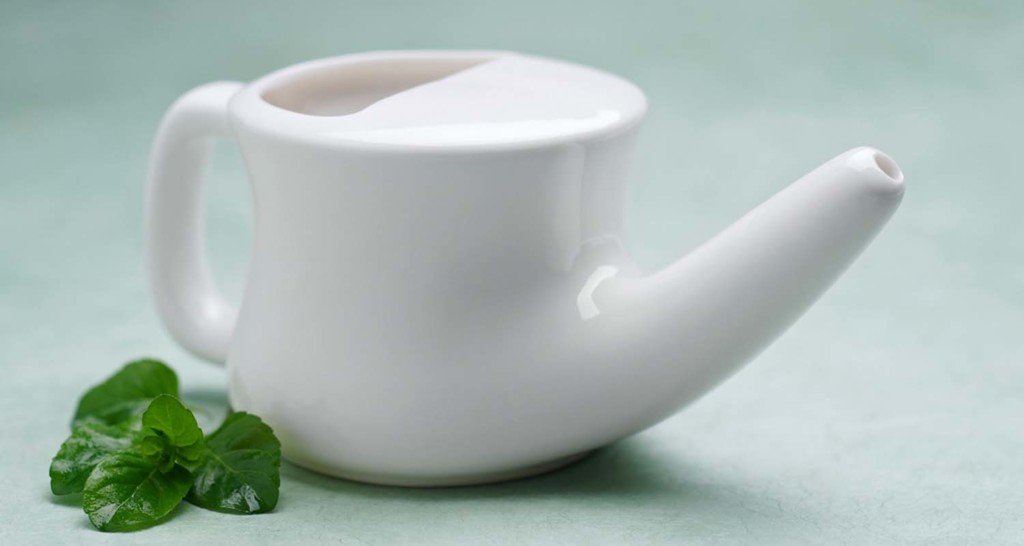
Here’s a sinus rinse you can do with just water, salt, iodine, and optional xylitol. You don’t need a fancy neti pot or a sprayer. Just a big bowl will do.
Low histamine foods
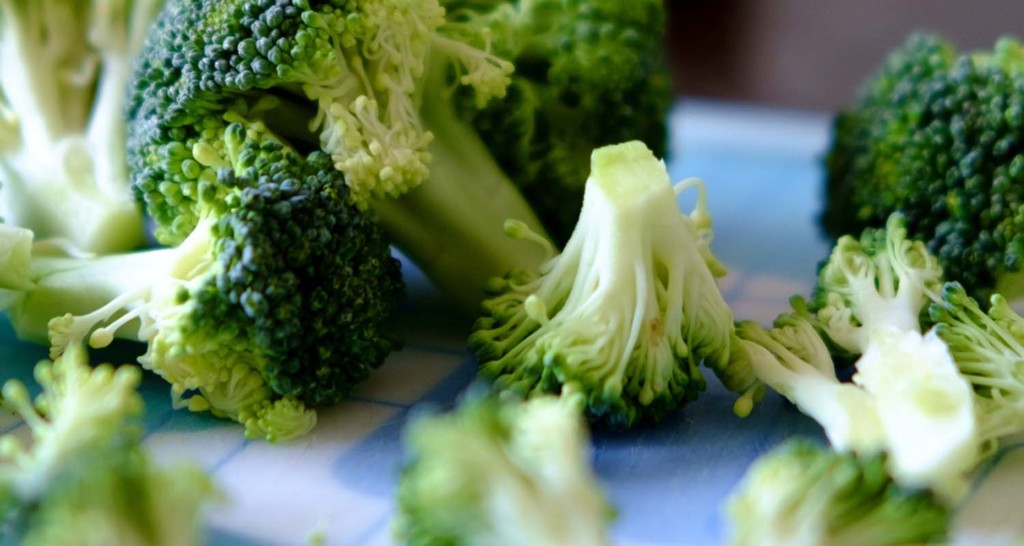
Although you can jump in any time and start these protocols ASAP to get some relief, the best way to do it is to start supporting your liver and strengthening your system a month or two before allergies start. That way, when pollen and mold spores swarm the air, your defense systems are nice and strong, ready to handle whatever comes your way. As always, functional medicine doctors may have some extra tricks up their sleeves to make this allergy season the most pleasant one you’ve had in years.











